
Upcoming events.
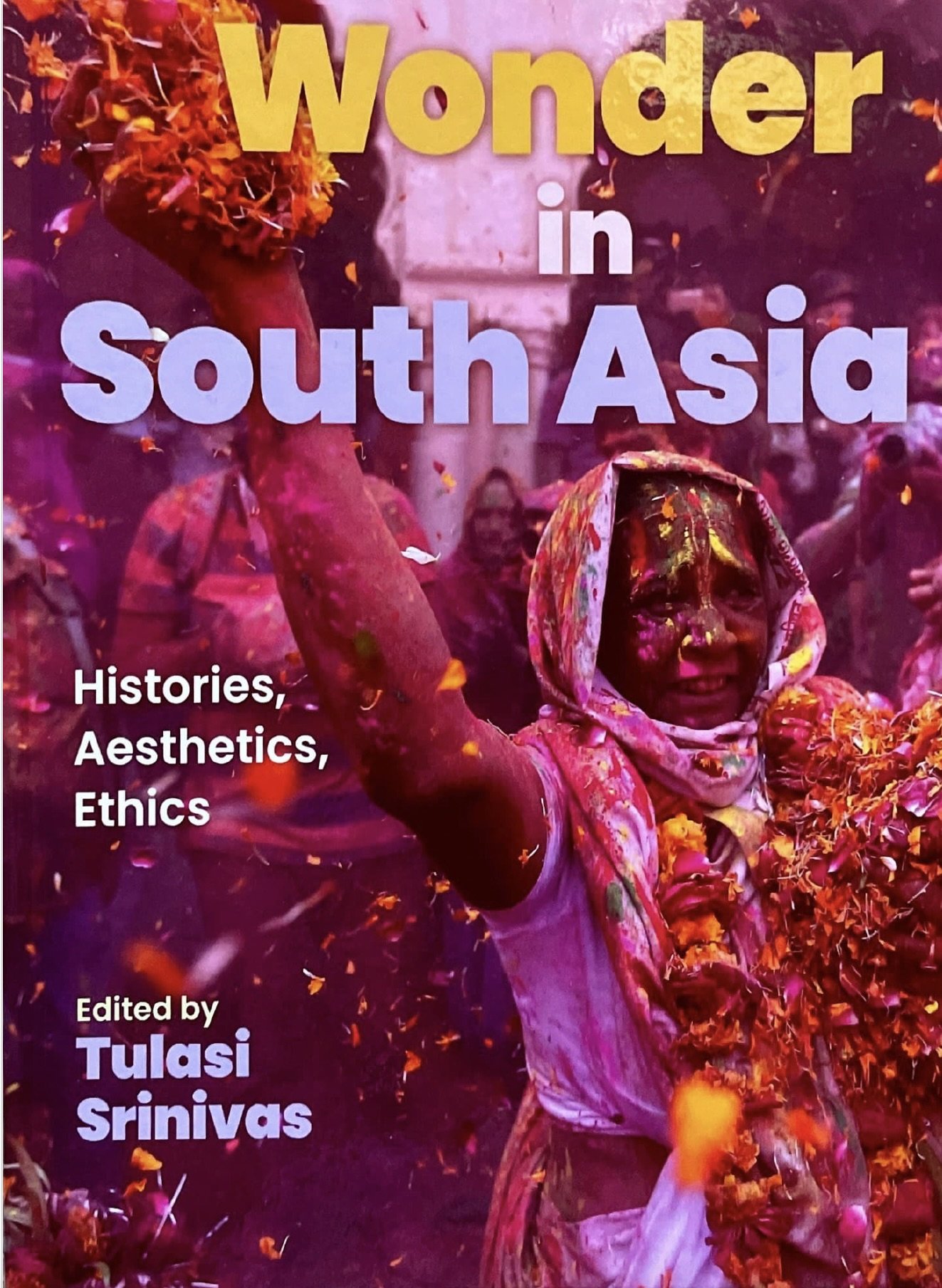
Economies of Wonder: The Production of Spectacle at the Kumbh Mela
Invitation of Dr. Rachana Dubey, Arya Mahila P.G. College, Varanasi, India

Economies of Wonder: The Production of Spectacle at the Kumbh Mela
Society for Pilgrimage Studies, Seminar on Sacred Water, Sacred Places, Kumbh Mela, Prayagraj, India, January 25-27, 2025.

A Cultural History of Hinduism, vols. 1-6: A Roundtable
American Academy of Religion Annual Meeting, San Diego, CA 2024
A celebration of the publication of A Cultural History of Hinduism, vols. 1-6. Vol. 6 (1947-2017) edited by Amanda Lucia and Maya Warrier, see: https://www.bloomsbury.com/us/cultural-history-of-hinduism-9781350024434/

Transgression: A Roundtable
Sponsored by the Hagiology Seminar, American Academy of Religion, San Diego 2024
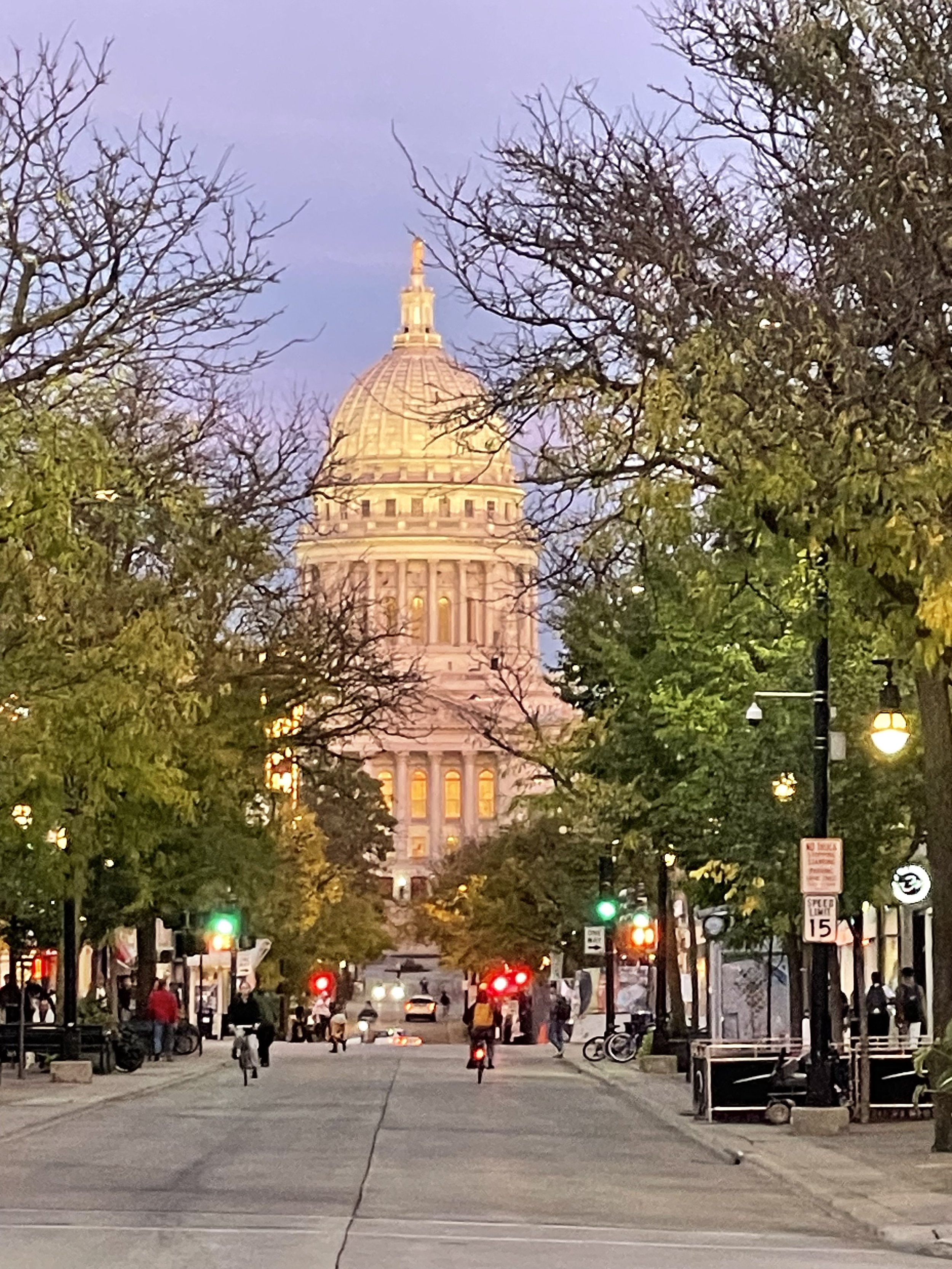
A Cultural History of Hinduism, vols. 1-6: A Roundtable
Annual Conference on South Asia, University of Wisconsin-Madison, 2024
A celebration of the publication of A Cultural History of Hinduism, vols. 1-6. Vol. 6 (1947-2017) edited by Amanda Lucia and Maya Warrier, see: https://www.bloomsbury.com/us/cultural-history-of-hinduism-9781350024434/

Is the Guru Dead?: Rethinking Religious Authority in the 21st Century
Summer School on India, University of Montreal, Québec
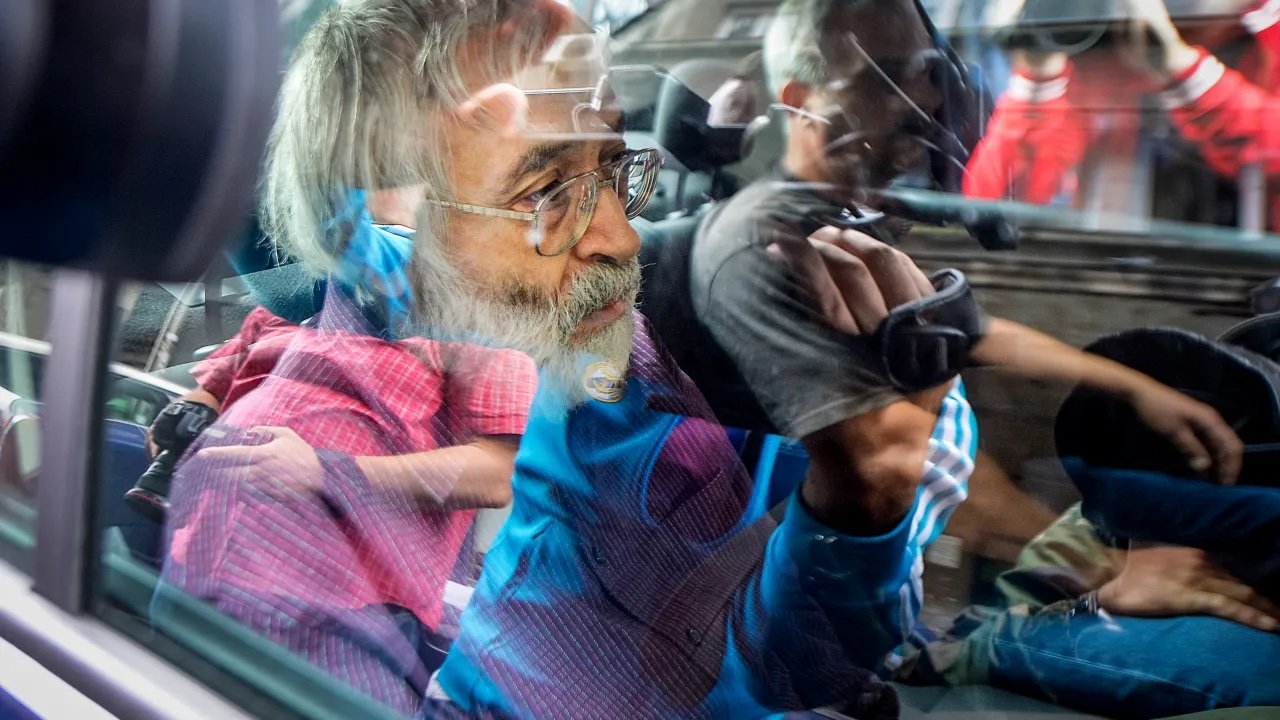
“The Power of Persecution: Reframing the Narrative in Religion and Politics"
Keynote, Undergraduate Research Symposium, California State University-Bakersfield

“Between Asceticism and Mysticism: Spiritual Yogis in the Festival Scene”
California State University-Northridge

Sexuality in the Archive
Title TBD, Workshop, sponsored by the Religion & Sexual Abuse Project and the Center for Ideas and Society, UCR

"The Science of Spirit: Yoga, Meditation, and Science in ‘Wellness’ Culture"
Matt King and Amanda Lucia in conversation, Michael Alexander, moderator
UCR Palm Desert Campus
The multi-billion-dollar industry of ‘wellness’ culture has become a driver of sizable intellectual and social movements in the 21st century. Despite its long history of pseudo-scientific claims and its questionable ethics of appropriation, exotification, and commodification of Asian and Indigenous traditions, wellness cultures continue to be widely popular - particularly in California! In this conversation, Matt King and Amanda Lucia come together in conversation to discuss the potentialities and pitfalls of wellness culture - including how ideas about Buddhist mindfulness and postural yoga have shaped its terrain and trajectory. This conversation draws from the authors’ expertise in transnational Buddhism and Hinduism, to query topics spanning from 19th century historical ideas about bodily purity and perfection drawn from Asian religions to modern examples of Covid denial, pseudo-scientific claims, and the spiritualities on display in sites as diverse as Coachella and TikTok. Employing an approachable interview format, this lively discussion brings to light how wellness culture is shaping not only our bodies, but our minds.

"Sexual Abuse and the Study of Religion: Where do we go from here?"
Roundtable, sponsored by the Contextualizing the Catholic Sexual Abuse Crisis Seminar, American Academy of Religions (AAR) Annual Conference, San Antonio, Texas

“Psychedelics and the Future of Religion,” panel with Arun Saldanha, Harvard University
“Awakening the Third Eye: Hierarchies of Consciousness in the New Age”
From nineteenth century occult esotericism to today’s episodes of “Ancient Aliens,” the notion of the ‘Third Eye’ has captivated Anglo-European spiritual seekers and psychonauts. In this talk, Dr. Amanda Lucia traces Anglo-European interest in the ‘Third Eye,’ revealing how spiritual seekers have aspired to access it as kind of portal to extrasensory perception, and even superhuman consciousness. As Anglo-European psychedelic cultures developed in the twentieth century, the concept of the ‘Third Eye’ was easily adopted as a symbol of psychedelia-generated cosmic awakening – an “ancient futures” revelation of a new spiritual evolution. Lucia contextualizes this symbology historically, showing how the now-commonplace narrative of psychic ‘evolution,’ ‘development,’ and ‘awakening’ emerged from deeply problematic Anglo-European worldviews rooted not only in the banal power inequities of Orientalism and exoticism, but also in the overt violence of nineteenth century race science.
This event will be held online. Register HERE.

“Transgression in the Eye of the Beholder: Revisiting the Maharaj Libel Case of 1862”
Regional Bhakti Scholars Network Symposium on “Transgression,” Annual Conference on South Asia 2023
Abstract:
This paper revisits the 1862 Guru Maharaj Libel case, identifying it as the first modern legal case that established the now commonplace discourse of guru criminality as the form of sexual transgression. Situating this trial in its distinctive nineteenth century colonial context, I show how guru sexuality was not the stage through which critique of the guru figure was mobilized prior to this landmark cultural moment. Until this point, gurus (including colonial pursuits of nomadic bands of ascetics, yogis, sadhus, and thugs) were criticized, and sometimes arrested, tried, and jailed mostly for banditry, dacoity, theft, murder, fraud, and espionage. What surfaces somewhat surprisingly with the Maharaj Libel case is the specter of female sexuality, with female devotees who are positioned as the ground upon which the battle for modern India is fought, as is the case with other nineteenth century moral debates that are similarly centered on women’s bodies, i.e. legislation passed regarding satī and child marriage in 1829, widow remarriage in 1856, among others. Revisiting this landmark legal case, I suggest that the denotation of transgression signifies the male desire to control female sexuality, rather than the women’s claim that they have been sexually violated – transgressed – by their guru.

"When Should We Listen to Critics?: Scholarly self-reflexivity in controversial research"
Controversial Topics in Research and Teaching Workshop. University of Bergen, Norway.

"‘Self-styled God men’: lineage versus criminality in media discourse"
Authority, Lineage & Schism. Spalding Symposium, King’s College London
Abstract: In the past several years, the phrase “self-styled God man” has proliferated in Indian media and popular discourse. The phrase is usually used in conjunction with breaking news of the alleged or convicted criminal actions of a prominent guru. The frequency with which the phrase circulates suggests that the Indian public is becoming increasingly frustrated with the number of gurus who are believed to be manipulating their followers and using religion as a cover for criminal activity. This paper questions whether this signifies a rise in secularism in India (the dethroning of gurus in general), or merely the Indian public’s attempt to separate true gurus from frauds. In recent years, the phrase has been applied mostly to indicted – and largely convicted – gurus such as Nithyananda, Asaram Bapu, Daati Maharaj, Ram Rahim Singh, Shiva Shankar Baba, and Rampal, among others. This paper analyzes the media circulation of this phrase: “self-styled God man” in efforts to reveal the ways in which it signifies a presumed correlation between lineage and authenticity, and inverted, an equivalency of non-lineage and fraud, or even criminality.
TICKETS AVAILABLE HERE

“Criminal Bandits and Nationalist Heroes: Ambiguous Gurus in the Discourses of the Sannyasi and Fakir Rebellion”
Guest Lecture, Department of South Asian, Tibetan and Buddhist Studies, University of Vienna.
Abstract: Today, there is a proliferate discursive field in India, and globally, that challenges the conventional authority granted to religious gurus. This critique is bolstered by the rise in secularism and liberalism, and also by the very real allegations, indictments, and convictions of modern gurus for a variety of criminal activities. Simultaneously, there is a recapturing of the guru as the quintessential hero of Indian nation, a religious figure positioned as a dharmic leader whose behavior is beyond reproach. This paper provides a genealogy of this discursive ambiguity, locating its emergence in the saṇnyāsī and fakīr rebellions of the late eighteenth and early nineteenth centuries (1770-1790, with extensions 1761-1809). Lucia shows how saṇnyāsīs and fakīrs (nomadic bands of religious ascetics) first became enemies of the modern state because of their battles with the East India Company for taxation rights. This historical moment marks the event when the state became authorized to regulate, control, and persecute – criminalize – guru behavior. In opposition, the guru who became criminalized in the gaze of the colonial state transforms into a hero of the independent nation, because of, but also in spite of, his criminal actions.

Yoga: Past and Present
Yoga: Past and Present. SOAS Webinar. Panelists: James Mallinson, Andrew Nicholson, Seth Powell, Amanda Lucia. (8pm GMT)
Yoga: Past and Present Tickets, Wed, Feb 8, 2023 at 8:00 PM | Eventbrite
The timing is 12 noon Pacific, 3 pm EST and 8 pm GMT.

Decolonizing Contemporary Women’s Spirituality
Keynote, University of Ghent, Belgium, Organizing committee: Dr. Carine Plancke, Carla Besora Barti, Prof. Chia Longman and Prof. Stephanie Koziej, Centre for Research on Culture and Gender, Ghent University
See Call for Papers HERE


“Neoliberalism and Spirituality: A Discussion with Susannah Crockford (Ripples of the Universe, 2021), Andrea Jain, (Peace, Love, Yoga, 2020), and Amanda Lucia (White Utopias, 2020)”
2022 American Academy of Religions, Denver, Colorado

Yoga in Latin America (YoLA) Workshop
Respondent for Contributor’s Workshop. For more on the project see: https://www.proyectoyola.org

Sabbatical, Visiting Research Fellow at King’s College London, University of London
During this sabbatical year, I will be investigating the figure of the guru, as a socially liminal figure who has been understood to be dangerous – and in particular, sexually dangerous. Guru sexuality has historically been a poignant signifier of anti-modern superstition and religious corruption, and as a result, has been disproportionately discussed, critiqued, and regulated by Hindu reformers and British colonist critics alike. Guru criminality - and criminality of New Religious Movements more generally - have also been deep sources of prejudices and stereotyping in the history of the field of study. My book-length project, with a working title of (Dis)Figuring the Guru: Power, Representation, and Discourse in the Archive traces the figure of the liminal, transgressive, nefarious, and sexually dangerous guru through the colonial archive and up through contemporary discursive fields. These discursive fields form the social context from which allegations of sexual abuse in global guru communities emerge.

“The Reterritorialization of the New Age: Pilot Baba in post-Soviet states and Japan”
'Born Again Selves: New Religious Movements and the Norms of Belief' Conference organized by organized by Professor Sanjay Srivastava (University College London; IEG, Delhi and ICAS:MP, Delhi), together with Professor Martin Fuchs (Erfurt University and ICAS:MP, Delhi), and Professor Rajeev Bhargava (CSDS, Delhi, and ICAS:MP, Delhi). University of Erfurt, Germany
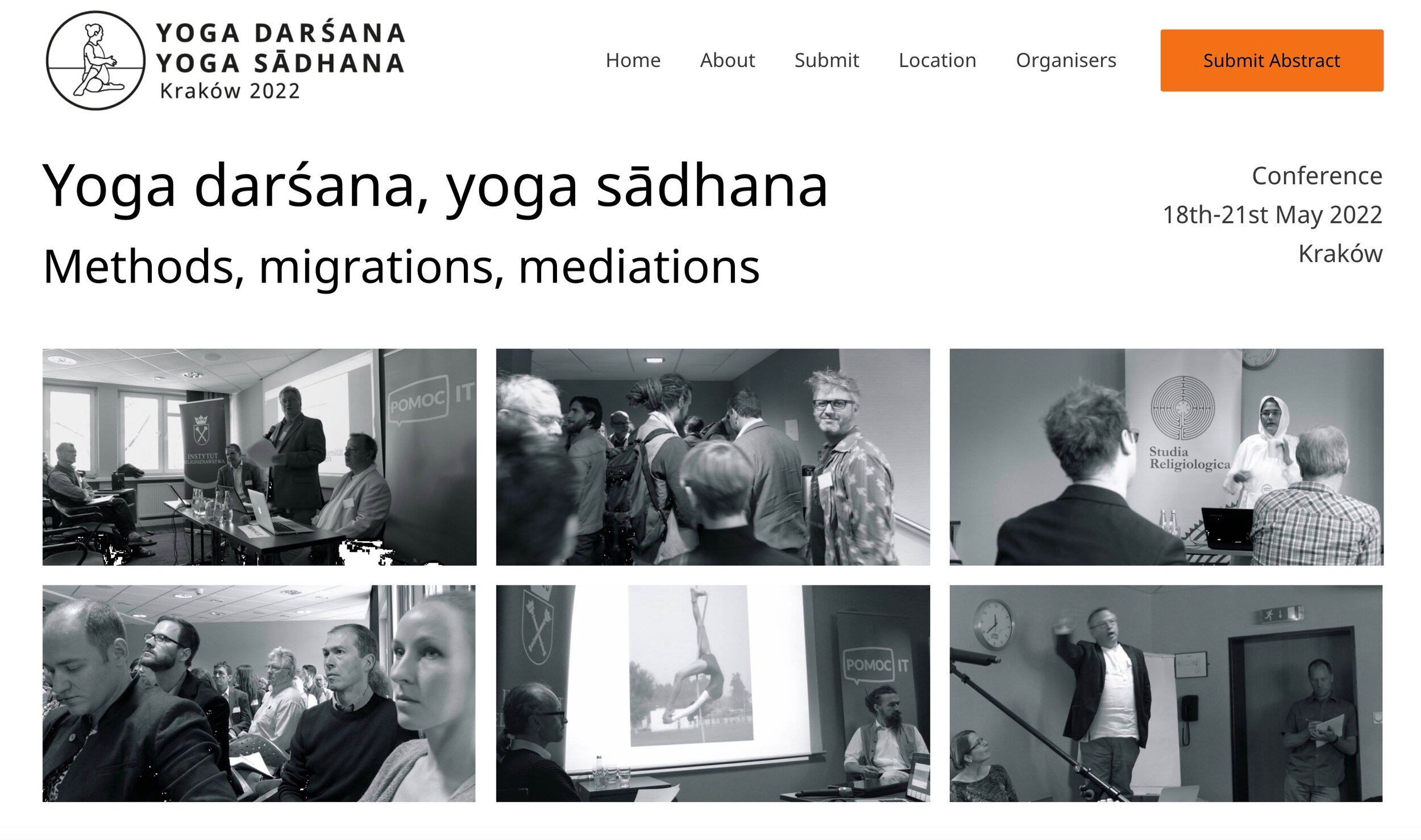
Keynote: “Yoga Darsana, Yoga Sadhana” conference in Kraków, Poland
“Yoga darśana, yoga sādhana: methods, migrations, mediations” Conference by the Jagiellonian University Institute for the Study of Religions and the SOAS Centre of Yoga Studies
https://ydys2022.org
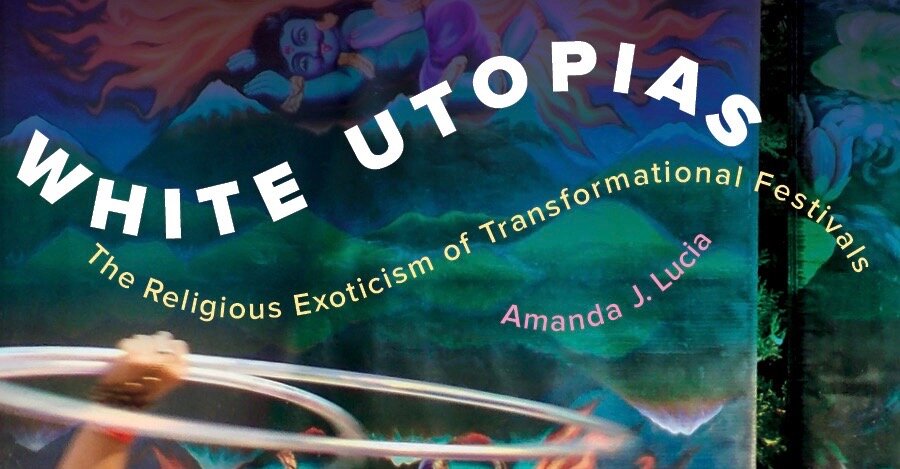
"White Utopias: The Religious Exoticism of Transformational Festivals”
Keynote, “Festival Cultures: Imagined Pasts, Alternative Futures,” conference at the Open University, Milton Keynes, UK (may be online due to Covid-19)

“Aligning the Good and the Beautiful: Yogic Aesthetics in a Globalized World,”
Practices of Embodied Reception, conference at University of Bergen, Norway, time TBA, online (in Zoom)
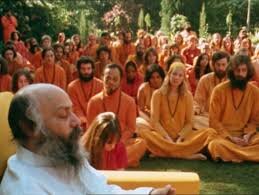
“The Guru and his ‘Invading Army:’ Nativist constructions of Osho’s Rajneeshpuram in ‘Wild Wild Country,’”
Panel on Religion, Literature and Film in South Asia, European Academy of Religion (EuARe) conference, Muenster, Germany,
https://euare.zummit.com/events/european-academy-of-religion-4th-annual-conference/6573/CX8A6/program/talk/018-religion,-literature-and-film-in-south-asia/56925/infos

“Post-Soviet Guru Devotion: Pilot Baba and a New Wave of Hippies,”
Born Again Selves: New Religious Movements and the Norms of Belief conference organized by ICAS:MP in collaboration with the Max Weber Centre of Advanced Cultural and Social Studies (MWK)., Erfurt, Germany, time TBA (online in Zoom)
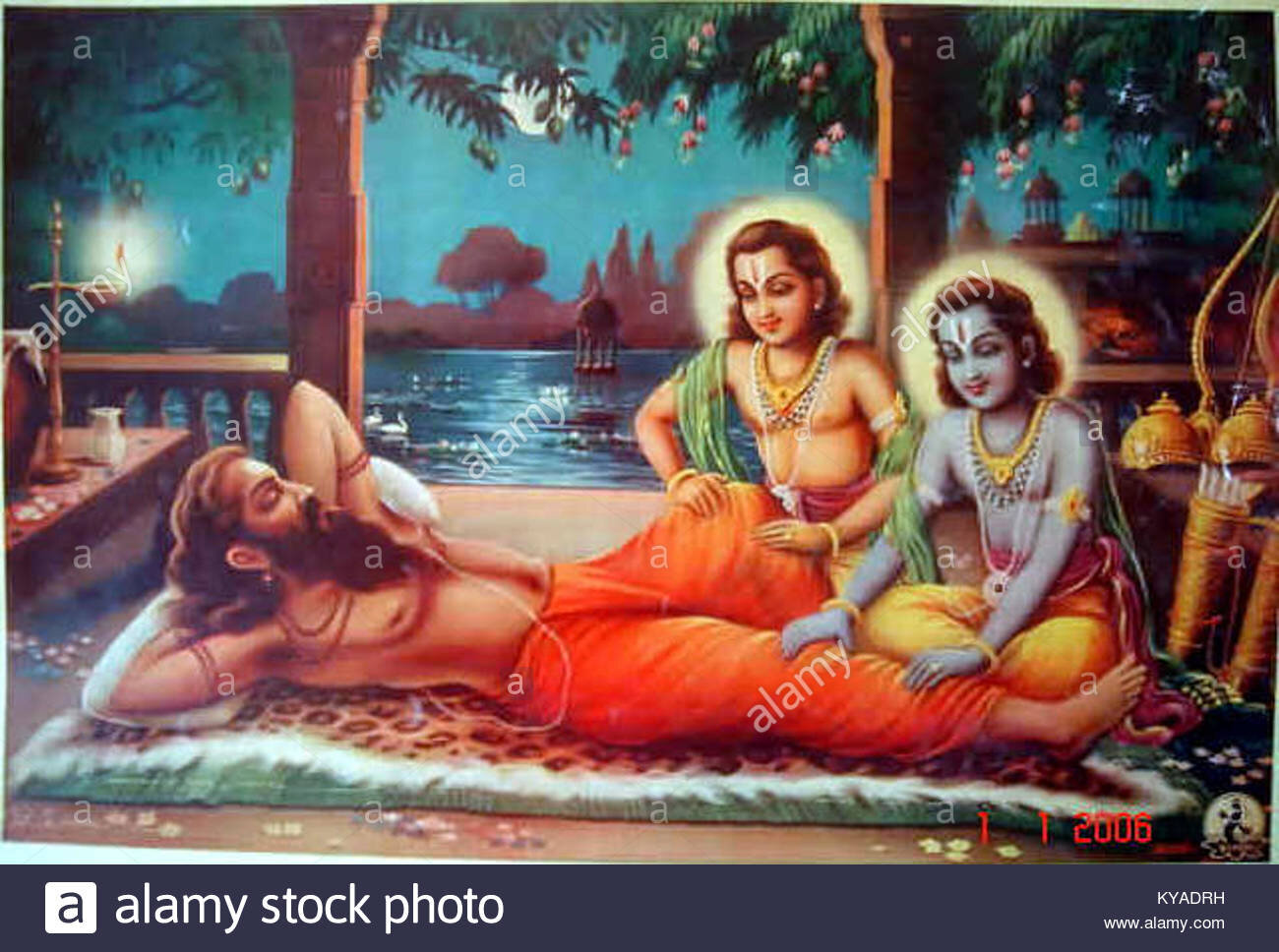
“Defining Discourses: Unpacking Gail “Gayatri” Tredwell’s Abuse Allegations against Amma (Mata Amritanandamayi)”
Panel Discussion with Jacob Copeman and Tulasi Srinivas, Religious Studies Seminar, University of Edinburgh, Scotland (4-5:30pm GMT/8-9:30am PST) (online in Zoom, TBA)

Book Talk and Discussion
Cellar Door Bookstore, https://www.cellardoorbookstore.com (online in Zoom)
Sign up to attend with the Eventbrite Invitation HERE